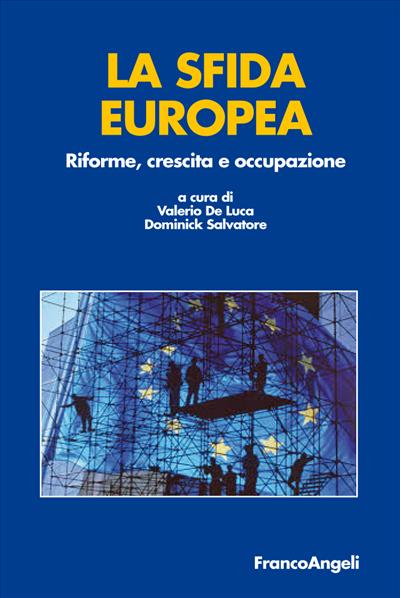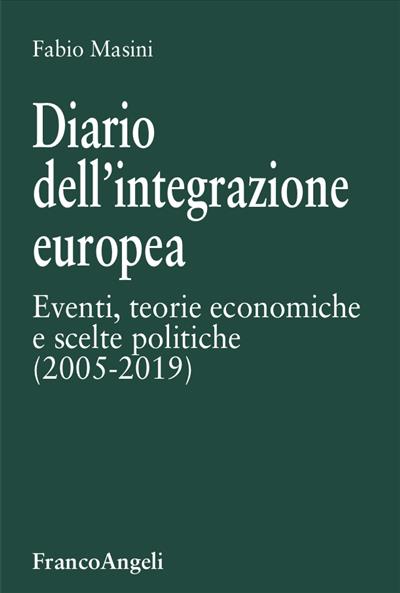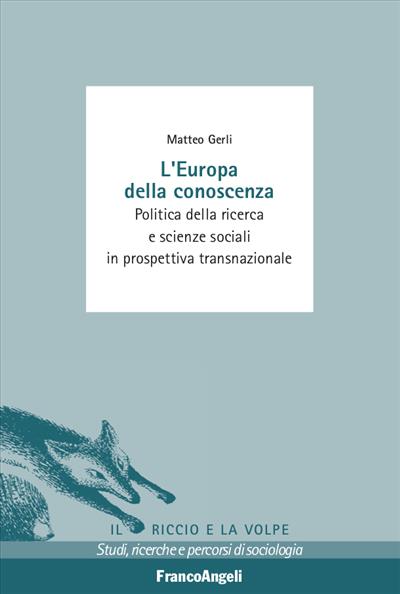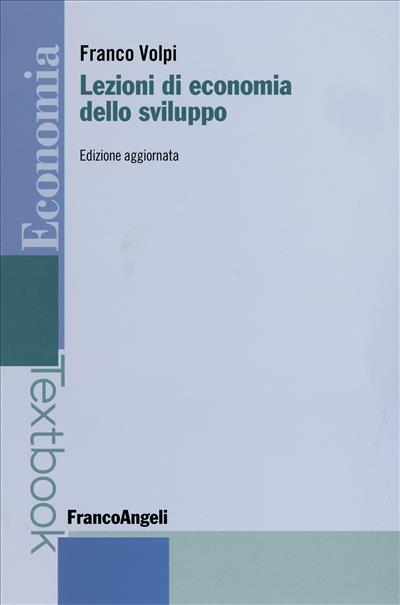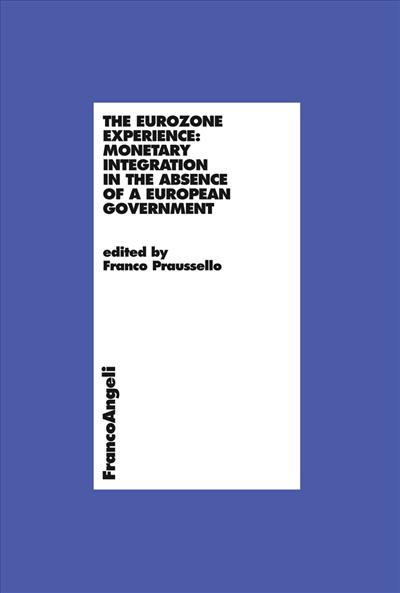
A cura di: Franco Praussello
The eurozone experience: monetary integration in the absence of a european government
The purpose of the studies included in the book is to describe the working of the Economic and Monetary Union (EMU) during its first thirteen years of existence, singling out factors lying at the heart of the current eurozone crisis and identifying possible ways out of it.
Edizione a stampa
41,50
Edizione a stampa
41,50
Pagine: 288
ISBN: 9788820406202
Edizione: 1a edizione 2012
Codice editore: 365.935
Disponibilità: Buona
PDF con DRM
31,99
PDF con DRM
31,99
Pagine: 288
ISBN: 9788856856217
Edizione:1a edizione 2012
Codice editore: 365.935
Possibilità di stampa: No
Possibilità di copia: No
Possibilità di annotazione: Sì
Formato: PDF con DRM per Digital Editions
